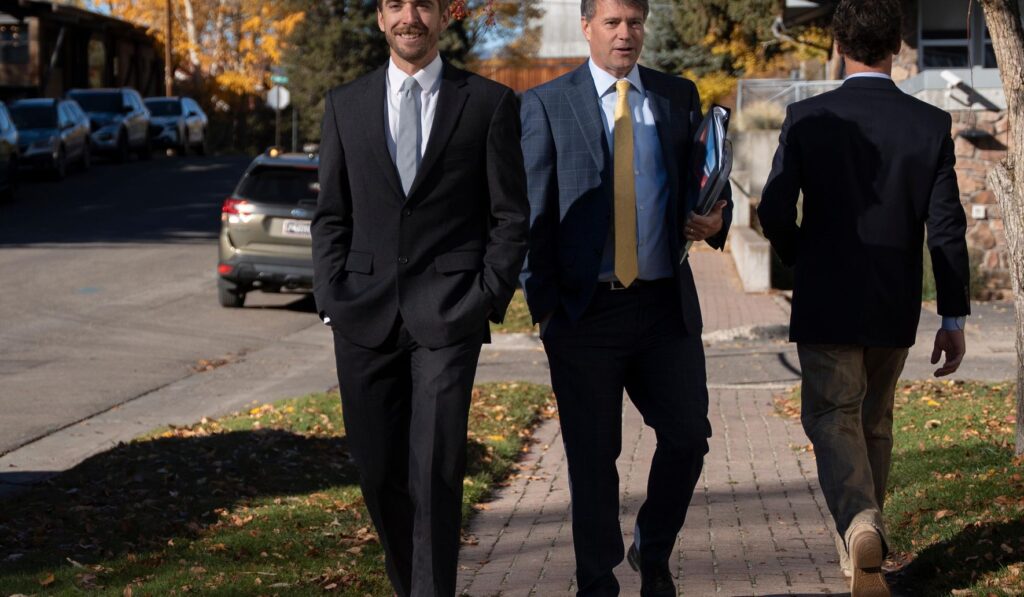President Donald Trump on Monday pardoned a trail runner who briefly took a prohibited trail on his way to a record time up and down the tallest peak in the Teton Range of western Wyoming. The decision turned a minor backcountry rule violation into a national talking point about common sense, public lands, and how we treat everyday risk takers.
President Donald Trump on Monday pardoned a trail runner who briefly took a prohibited trail on his way to a record time up and down the tallest peak in the Teton Range of western Wyoming. The image of someone pushing for a personal best resonated with people who value effort and individual initiative, and the pardon reframed enforcement as something that can be tempered by discretion. This was a small episode that became symbolic of larger questions about fairness.
The pardon makes a point about mercy and proportion in enforcement, arguing that not every technical breach needs to be met with the heaviest hand of the law. Supporters saw this as correcting an overreach that punished ambition instead of preserving safety in a purposeful way. Critics will call for consistent application of rules, but the decision signals a preference for common sense responses that weigh context as much as the letter of a regulation.
For many in the conservative camp, this was not just about one runner or one trail, it was about defending the idea that adults should be allowed to take reasonable risks without facing lifelong consequences. There is a practical view here: rules matter, but so does judgment, and leaders ought to be able to use their authority to restore balance when enforcement goes off the rails. The pardon suggests a wider principle that the state should be a fair referee, not an automatic judge.
People who spend time in the mountains understand the difference between reckless endangerment and a momentary, arguably inadvertent step onto a restricted path. The return to basic human judgment is appealing to those who prefer local decision making and proportional consequences. It also reminds us that managing public lands requires nuance: conservation and access must be balanced with restraint in punishment.
The optics mattered. A headline about a presidential pardon draws attention because it elevates a concrete example into a conversation about values and priorities. Fans of rugged individualism saw the runner as someone chasing excellence, not a criminal, and they welcomed a response that treated the episode as what it was—minor and fixable. That kind of pragmatic leadership plays well with voters who want fairness and a sensible government.
At the same time, this moment opens a useful debate about how park rules are communicated and enforced so that good citizens are not inadvertently tripped up by technicalities. If signs, maps, or trail closures are unclear, the emphasis should be on education and correction first. Advocacy for clearer guidance is consistent with the conservative preference for effective local stewardship over distant, inflexible edicts.
The practical lesson here is simple: when the penalty is worse than the offense, leaders should step in to restore perspective. A pardon in this case was not about undermining rules but about ensuring responses fit the situation. That message appeals to voters who want accountability tempered with common sense.
Public reactions will vary, and that’s part of a healthy civic conversation about how we balance protection of fragile landscapes with respect for human initiative. This episode will likely be cited in future arguments about enforcement priorities and presidential authority, and it offers a clear example of choosing mercy over rigid punishment. The decision will stick in the minds of people who believe liberty works best when paired with responsibility.



